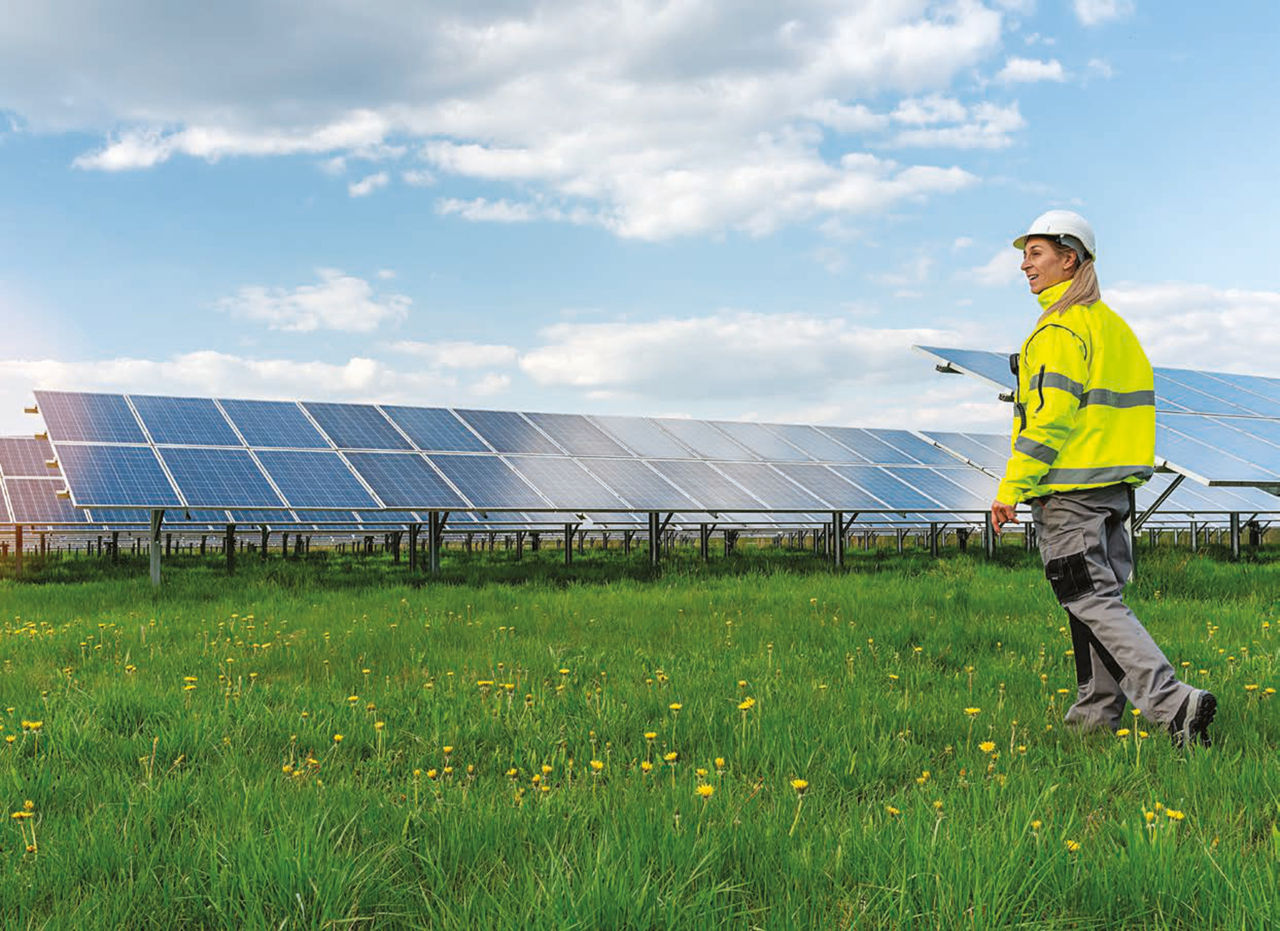Greece’s economy has been outpacing the euro area average since 2021. Support measures protected households and businesses against high inflation, while public debt declined significantly. Growing disbursements of the Recovery and Resilience Funds, continuous employment gains and disinflation, and recent structural reforms are all expected to support growth. However, significant challenges lie ahead. Sustaining primary surpluses and preserving public investment are essential to maintain the debt-to-GDP ratio on a firmly declining path. This requires shifting the structure of public spending towards investment, lowering tax expenditures and tackling tax evasion further. Strengthened vocational education and training, as well as better recognising prior learning and developing childcare capacity, are needed to mobilise larger parts of the working-age population and ease high labour shortages and skill mismatches. Boosting the low level of labour productivity and investment while decoupling of emissions from activity and adapting to climate change are key to achieve sustainable rise in living standards. Strengthening competition, reducing further the regulatory burden and improving access to skills and financing would support firm growth and innovation. A mix of investment, regulations and emission pricing would help achieving net zero emissions by 2050.
Further reading














